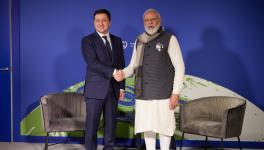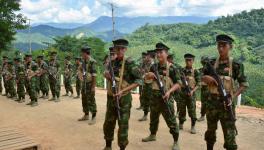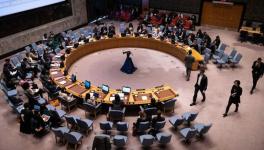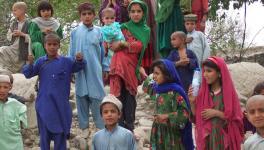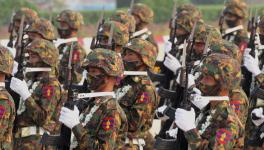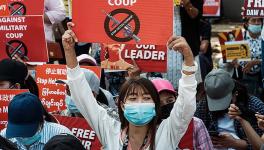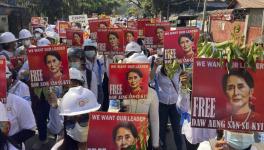Myanmar Peace Elusive as Violence Continues
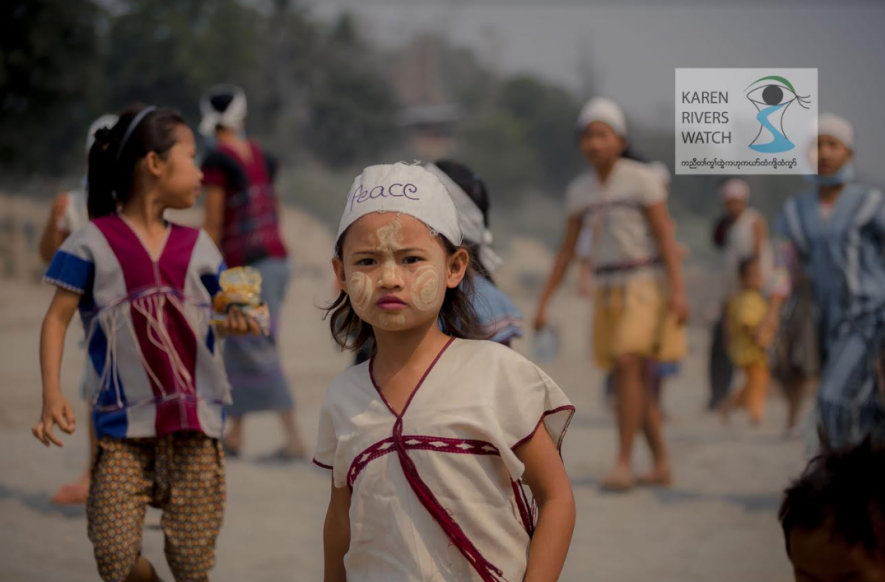
Myanmar has the world’s most severe and worsening humanitarian crisis. Following the February 2021 military coup, more than 17.6 million people need humanitarian assistance. More than 1.8 million are internally displaced, including 667,000 children.
While thousands of Rohingyas have escaped to neighbouring countries, such as Bangladesh, India and Thailand, about 600,000 remain in Rakhine State. Over a quarter of those in Rakhine stay in camps for the internally displaced, where conditions are poor and access to essential services is limited.
Humanitarian access is extremely challenging across the country and continued fighting has only exacerbated the situation.
UN agencies have recently revealed “compelling evidence” of Myanmar’s military and its affiliate militias carrying out frequent, vicious and audacious war crimes. These include indiscriminate attacks on the people by resorting to aerial bombings, mass execution of civilians and detained combatants, and large-scale, deliberate and planned burning of civilian homes in villages and towns.
These findings were published in the latest report of the UN-established Independent Investigative Mechanism for Myanmar (IIMM) presented to the Security Council last week.
Adding to the woes of Myanmarese, their challenges have further worsened by Cyclone Mocha, which made landfall in Rakhine in mid-May, causing heavy rain, flooding and raging wind gusts up to 250 km/hour and destroying whatever came in the way. According to estimates, approximately eight million people across Rakhine and northwest Myanmar were in the cyclone’s path.
Miniscule amounts of relief materials have reached the affected and the junta has practically played no role in these efforts barring allowing foreign aid agencies to do the job.
Regarding the death and destruction caused by the ongoing armed conflict, IIMM head Nicholas Koumjian said on August 8 that “every loss of life in Myanmar is tragic, but the devastation caused to whole communities through aerial bombardments and village burnings is particularly shocking”.
He referred to the military airstrike in Sagaing province earlier this year, reportedly killing more than 155 people.
“Our evidence points to a dramatic increase in war crimes and crimes against humanity in the country with widespread and systematic attacks against civilians, and we are building case files that can be used by courts to hold individual perpetrators responsible,” Koumjian was quoted as saying in a UN press release.
The IIMM was created by the UN Human Rights Council in 2018. Mandated to collect evidence of serious international crimes and violations of international law in Myanmar and prepare files for criminal prosecution, the IIMM comprises impartial and experienced professional and administrative personnel.
In its investigations into the most serious international crimes committed in Myanmar, the IIMM collected information from over 700 sources, including more than 200 eyewitness accounts and evidence such as photographs, videos, audio material, documents, maps, geospatial imagery, social media posts and forensic evidence.
The report, which also probed the violence that led to the large-scale displacement of the Rohingyas in 2016 and 2017, specifically points to the prevalence of sexual and gender-based crimes committed against the Rohingyas at the time.
“Sexual and gender-based crimes are amongst the most heinous crimes that we are investigating,” the IIMM chief said adding that “these were so pervasive during the Rohingya clearance operations that most witnesses we have interviewed have relevant evidence about this”.
He also pointed out that preventing and penalising war crimes was an obligation of the military top brass and failure to fulfil this responsibility could render the commanders criminally liable under international law. “Repeatedly ignoring such crimes may indicate that the higher authorities intended the commission of these crimes,” the IIMM noted.
Meanwhile, peace efforts are already afoot at the ASEAN level under the UN watch. At a meeting last year, the ASEAN adopted a Five-Point Consensus, which called for an immediate cessation of violence, constructive dialogue among all parties, the appointment of a special envoy of the ASEAN chair to facilitate mediation of the dialogue process, humanitarian assistance and a visit to Myanmar by the ASEAN special envoy to meet all parties concerned.
Several rounds of meetings have since taken place. But the worsening situation, caused primarily by military attacks and the resultant devastation, has defeated the entire purpose of this initiative.
India has also been party to negotiations with the Myanmar military officials recently. This was part of the Thai government’s initiative of organising several rounds of ‘Track 1.5’ dialogue between Myanmarese military officials and those from India and several countries of the region like Bangladesh, China, Cambodia, Japan, Laos and Vietnam.
These talks were held late last year and early this year. But as the armed conflict has grown in scope and intensity, it has become extremely difficult to resolve the problem. The most critical task before the international community is to take steps first to end the violence that has afflicted Myanmar and its entire people.
The writer has extensively covered internal security, defence and civil aviation for the Press Trust of India for three decades. Views are personal.
Get the latest reports & analysis with people's perspective on Protests, movements & deep analytical videos, discussions of the current affairs in your Telegram app. Subscribe to NewsClick's Telegram channel & get Real-Time updates on stories, as they get published on our website.









